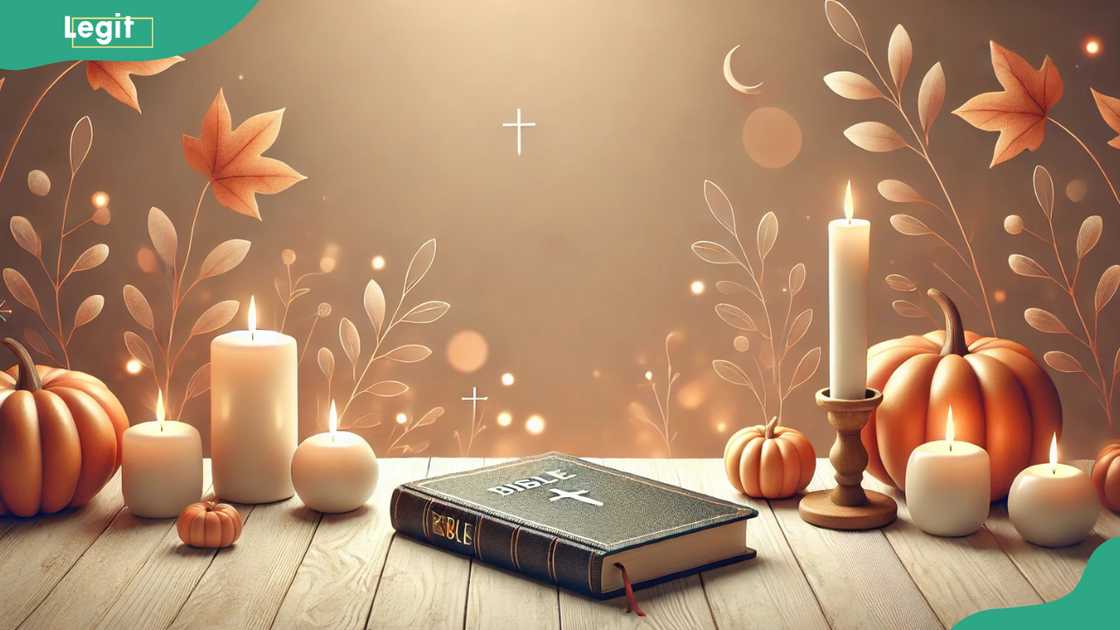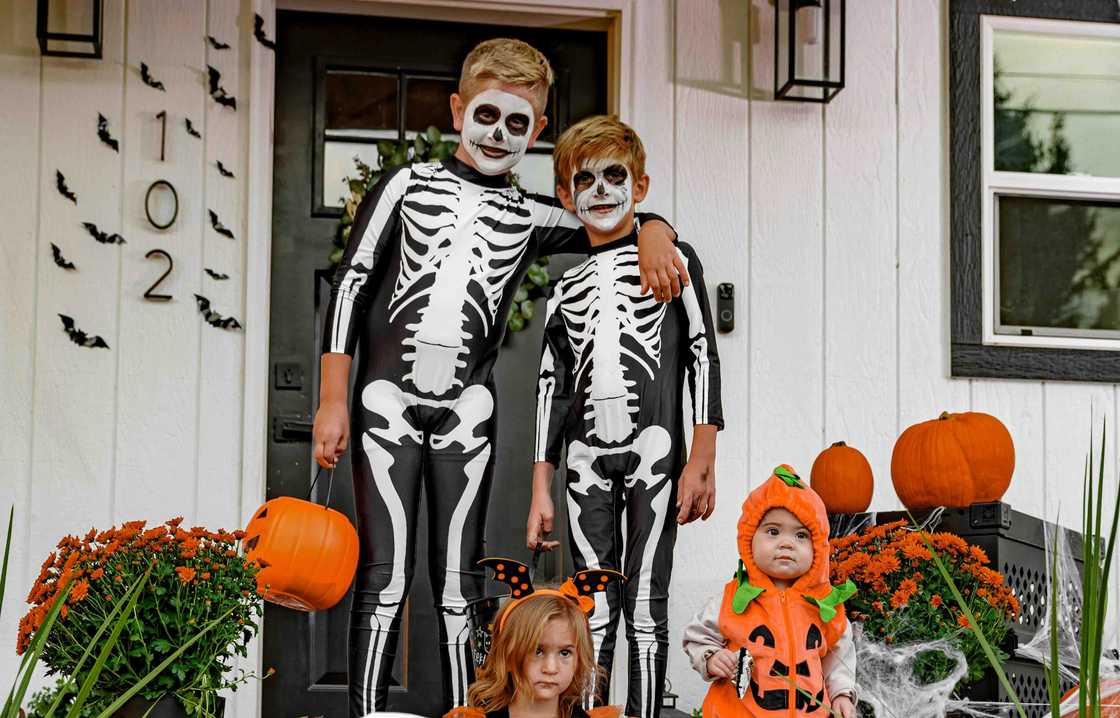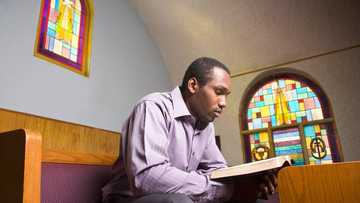What does Halloween mean in the Bible? Can Christians celebrate the holiday?
Halloween is one of the many celebrations in the Western world. It is celebrated annually on the evening of 31 October, the evening before All Hallows Day, or All Saints Day, which is celebrated on 1 November. Many Christians have been conflicted on whether they should celebrate Halloween or not. What does Halloween mean in the Bible?

Source: UGC
TABLE OF CONTENTS
Halloween is an ancient Celtic harvest festival which began in England, Ireland, and Northern France almost 2000 years ago. The holiday centred around the belief that, on this day, the souls of the dead could mingle with the living. However, with the arrival of Christianity, the Halloween party was celebrated on the eve of the holiday of All Saints' Day.
What does Halloween mean in the Bible?
Halloween is not mentioned in the Bible, as the festivity came centuries after the Holy Book was written. However, the Bible contains passages that forbid Christians from engaging in scary pagan practices. These practices are related to Halloween themes such as death, darkness, departed spirits, and rituals or cults.
Halloween traces its roots in Samhain, a pagan Celtic festival celebrated on 1 November. The festival marks the end of the harvest and the beginning of winter. It was believed that the veil between the dead and the living was thinnest during Halloween. People, therefore, made offerings and engaged in cultic rituals to appease the dead spirits.
The rituals and superstitions from Samhain are therefore incompatible with biblical teachings. For example, The Bible in Deuteronomy 18:10-12 warns the Israelites not to engage in spiritism, divination, or engaging with the dead. It states:
There shall not be found among you anyone who makes his son or his daughter pass through the fire, or one who practices witchcraft, or a soothsayer, or one who interprets omens, or a sorcerer, or one who conjures spells, or a medium, or a spiritist, or one who calls up the dead. For all who do these things are an abomination to the Lord, and because of these abominations, the Lord your God drives them out from before you.
On the other hand, some passages in the Bible talk about personal convictions and freedom. For example, Romans 14:5-6 reminds the faithful that not all matters are black or white:
One person esteems one day as better than another, while another esteems all days alike. Each one should be fully convinced in his own mind.
Can Christians celebrate Halloween?
Many Christians opt not to celebrate Halloween as it is considered one of the pagan holidays. The Bible warns Christians to avoid pagan practices associated with Halloween. Ephesians 5:11 states:
Have nothing to do with the fruitless deeds of darkness, but rather expose them. Such teachings influence Christians who associate Halloween with dark spirits and magic that contradicts their faith.
However, some Christians argue that although Halloween originates from pagan practices, its celebration can be reframed. Wearing Halloween costumes at parties, pumpkin carving, or treating does not have spiritual significance. They see them as fun and harmless.
What does God say about Halloween?
The Bible say in Leviticus 20:27 that those who practised witchcraft, soothsaying, and sorcery should be condemned to death. Therefore, it means that God warns Christians against practices associated with Halloween.
What is the true meaning of Halloween in Christianity?

Source: UGC
The Bible does not use the word Halloween, but it speaks of the practices of Halloween, including magic, divination and spirits. There are a few Bible verses that speak of these abominations, including Revelation 21:8. It states:
But the cowardly, unbelieving, abominable, murderers, sorcerers, idolaters, and all liars shall have their part in the lake which burns with fire and brimstone, which is the second death.
Is Halloween evil in the Bible verses?

Source: UGC
The Bible does not directly reference the word Halloween. However, rituals associated with the holiday are considered evil. The rituals included witchcraft, sorcery, darkness, talking to the dead, evil spirits, etc. 2 Chronicles 33:6 states:
Also, he caused his sons to pass through the fire in the Valley of the Son of Hinnom; he practised soothsaying, used witchcraft and sorcery, and consulted mediums and spiritists. He did much evil in the sight of the Lord to provoke Him to anger.
Many wonder, "What does Halloween mean in the Bible?" While Halloween itself isn't mentioned, the Bible strongly cautions against practices associated with it. Several verses warn Christians against practising rituals such as witchcraft, sorcery, and connecting with the dead and spirits.
Legit.ng published an article about Easter Sunday. Easter Sunday is a Christian holiday that occurs 40 days after Lent. Christians celebrate Jesus Christ's resurrection from the dead. On the Christian calendar, Easter is celebrated on the first Sunday after the first full moon after the vernal equinox.
Easter Sunday is one of the most important Christian holidays. It is a day of joy and celebration, and many faithful attend church services. This article explains when Easter Sunday occurs and how it is celebrated.
Source: Legit.ng






